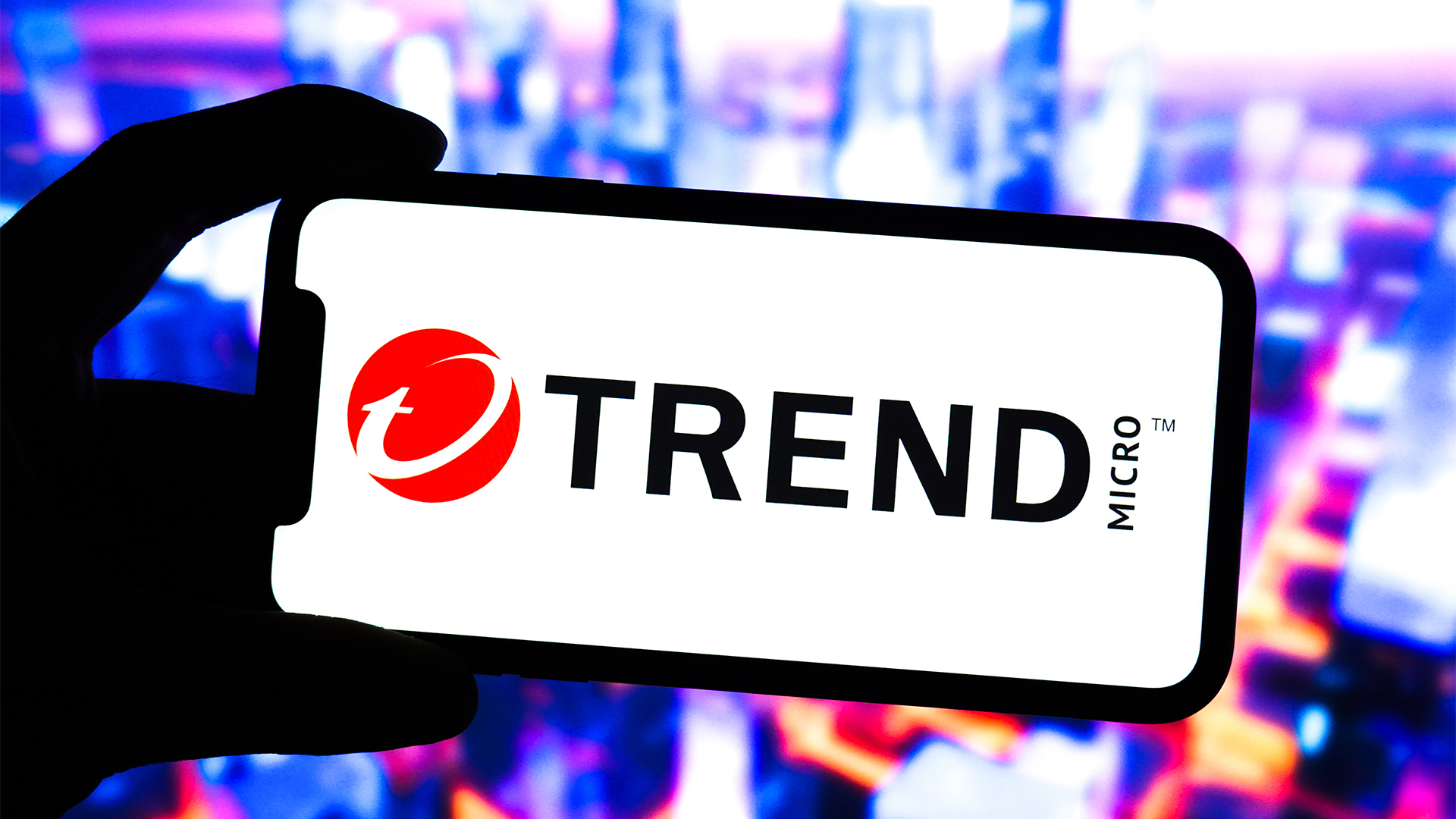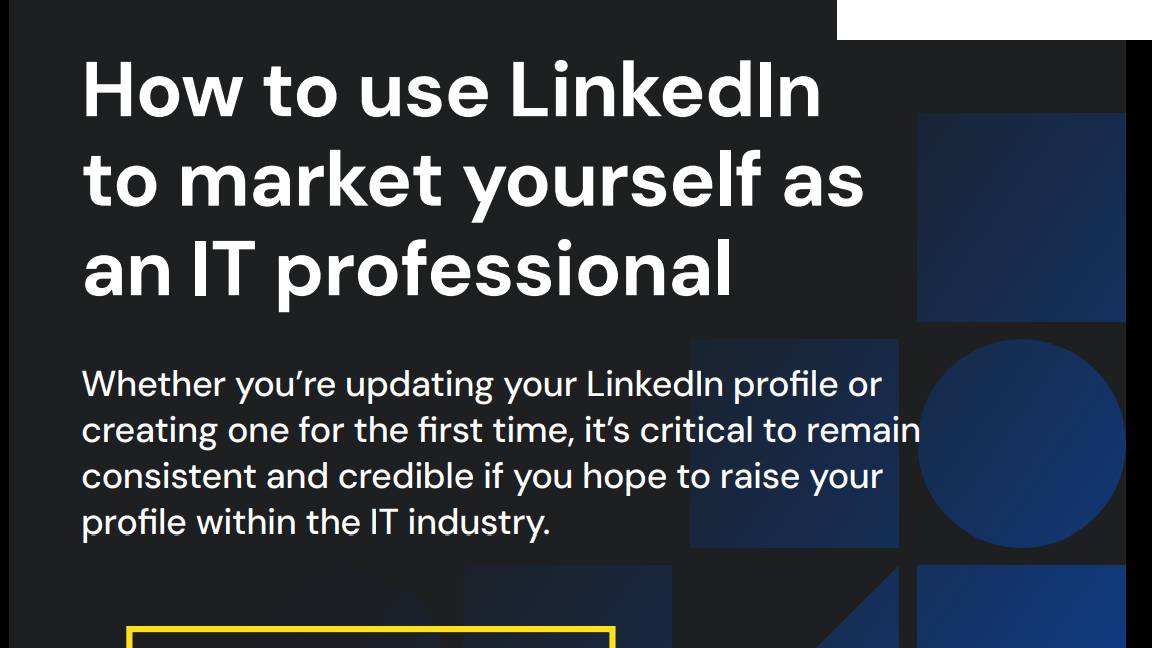Facebook drops regions to boost privacy
Regions aren't very private on Facebook - and even caught out the wife of the head of MI6.


Facebook is set to ditch regional settings as it looks to boost privacy on the site.
Founder Mark Zuckerberg has sent an open letter to Facebook users, explaining the changes.
Essentially, users on the site can choose a region to be a part of such as a city or country. The model grew out of Facebook's origins at universities, where students were part of their school's network. When the site expanded, it created regional networks to mimic those.
"However, as Facebook has grown, some of these regional networks now have millions of members and we've concluded that this is no longer the best way for you to control your privacy," Zuckerberg said, adding the site now has 350 million users.
At a meeting in London this morning, Facebook's director of privacy and policy Richard Allen noted how the regions system confused some users, as they didn't realise content made available to a given region could be seen by millions of users.
"If you're in Australia, the Australia network is the whole of Australia," he said, adding London has several million users on its network.
Allen noted that the regional setting was what caught out the wife of the MI6 head. She posted a picture of her spouse in swimming trunks, leading to his identification and causing a security uproar.
Sign up today and you will receive a free copy of our Future Focus 2025 report - the leading guidance on AI, cybersecurity and other IT challenges as per 700+ senior executives
"That happened because of this misunderstanding around the regional networks," Allen claimed.
Sending your status to one person
The new plan is to remove all regional networks and roll out new privacy controls, where every single item posted has its own settings. Users will be able to allow everyone or just one single user to see bits such as a status update or photos.
"In future, you'll be able to post up a status update and say everything from 'I want this to go to everyone in the whole world' and a lot of people like to use Facebook that way down to 'I want this to just go to John Harvey [Facebook's sales director], or to a list which is my family, but not these other people'," Allen explained.
"We're offering users as granular control as we can give them," he added.
Facebook will also tweak its privacy settings page to make it easier to use, Zuckerberg explained, adding that the site will prompt users to update their settings over the next few weeks.
"It's the biggest exercise in getting users to exercise their control over their privacy settings we think anyone's done anywhere because all 350 million users are going to be asked to afirm the privacy settings that they want for their content going forward," Allen said.
Read on for more of the privacy challenges facing Facebook.
Freelance journalist Nicole Kobie first started writing for ITPro in 2007, with bylines in New Scientist, Wired, PC Pro and many more.
Nicole the author of a book about the history of technology, The Long History of the Future.
-
 British IT worker jailed for revenge attack on employer that caused a “ripple effect of disruption” for colleagues and customers
British IT worker jailed for revenge attack on employer that caused a “ripple effect of disruption” for colleagues and customersNews West Yorkshire man Mohammed Umar Taj was suspended from his job in Huddersfield in July 2022, and began taking revenge within hours.
-
 ‘Risk into revenue’: Trend Micro’s new European channel program targets partner growth
‘Risk into revenue’: Trend Micro’s new European channel program targets partner growthNews The vendor’s updated channel framework now includes a unified tier and discount structure across all partner types
-
 How to use LinkedIn to market yourself as an IT professional
How to use LinkedIn to market yourself as an IT professionalwhitepaper Whether you’re updating your LinkedIn profile or creating one for the first time, it’s critical to remain consistent and credible if you hope to raise your profile within the IT industry
-
 Meta to pay $725 million in Cambridge Analytica lawsuit settlement
Meta to pay $725 million in Cambridge Analytica lawsuit settlementNews The settlement closes the long-running lawsuit into how Facebook's owner, Meta, handled the Cambridge Analytica scandal
-
 Businesses to receive unique Twitter verification badge in platform overhaul
Businesses to receive unique Twitter verification badge in platform overhaulNews There will be new verification systems for businesses, governments, and individuals - each receiving differently coloured checkmarks
-
 Twitter could charge $20 a month for 'blue tick' verification, following Musk takeover
Twitter could charge $20 a month for 'blue tick' verification, following Musk takeoverNews Developers have allegedly been given just seven days to implement the changes or face being fired
-
 Meta's earnings are 'cause for concern' and 2023 looks even bleaker
Meta's earnings are 'cause for concern' and 2023 looks even bleakerAnalysis Calls for investor faith in metaverse tech only emphasise the worries that its investment strategy won't pay off
-
 Microsoft and Meta announce integration deal between Teams and Workplace
Microsoft and Meta announce integration deal between Teams and WorkplaceNews Features from both business collaboration platforms will be available to users without having to switch apps
-
 Facebook is shutting down its controversial facial recognition system
Facebook is shutting down its controversial facial recognition systemNews The move will see more than a billion facial templates removed from Facebook's records amid a push for more private applications of the technology
-
 'Changing name to Meat': Industry reacts to Facebook's Meta rebrand
'Changing name to Meat': Industry reacts to Facebook's Meta rebrandNews The rebrand attempts to provide a clearer distinction between Facebook and its umbrella company
